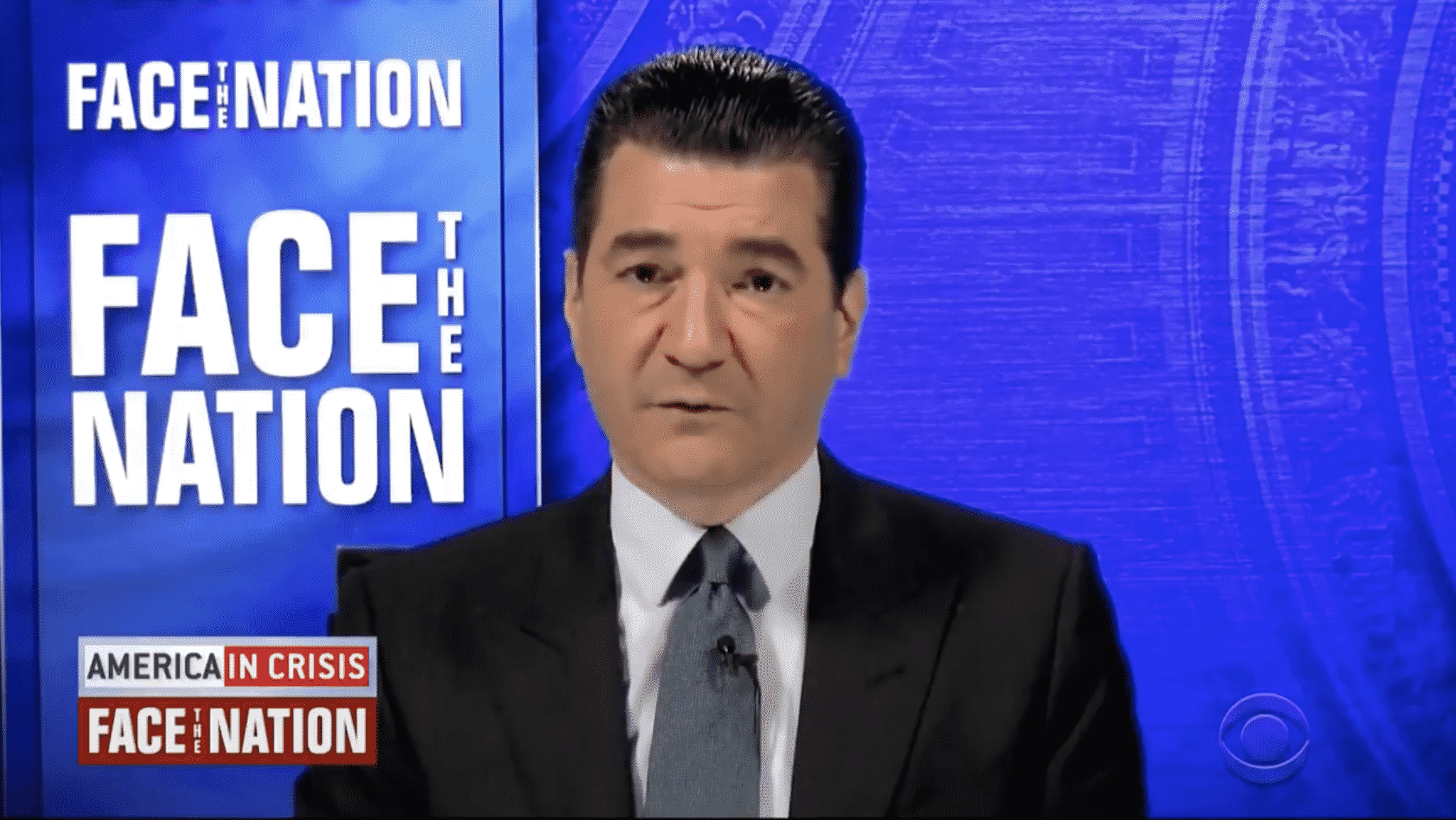President Donald Trump insists that COVID-19 is “going away” and that several companies are on the cusp of developing a vaccine for the virus.
However, Dr. Scott Gottlieb, the former Food and Drug Administration, told CBS News “Face The Nation” on Sunday that even if a vaccine is available for distribution by the end of the year, Americans likely will not receive the “protective immunity” from the virus until next year.
“Remember even if we get a vaccine this year … even if that becomes available this year and we get shots into the arms of the first traunch of patients, which is likely to be the elderly and healthcare workers, they’re not going to have protective immunity until 2021,” he said.
Because, he explained, it takes a while for the vaccine to “kick in,” and patients will need two doses.
“So, this vaccine is not going to affect the contours of what we’re going to go through, which is going to play out in the next month or two,” he added.
Watch the video below:
.@ScottGottliebMD cautions that even if vulnerable Americans get vaccinated by the end of the year, they're "not going to have protective immunity until 2021," adding that a vaccine is "not going to affect the contours" of the next few months. pic.twitter.com/raVlwEks8m
— Face The Nation (@FaceTheNation) October 25, 2020
Additionally, he suggested that a vaccine would not be widely available until the second quarter of 2021. However, he said it is possible that elderly Americans could receive the first dose of a vaccine if the trials “go well.”
“In terms of the entire population, I think it’s unrealistic to think that we’re going to have a vaccine widely available for general distribution — and authorized by the FDA for mass distribution until probably the second quarter of 2021, later on in the second quarter,” he said.
He was also asked about White House Chief of Staff Mark Meadows‘ assertion that the country would not get control over the virus.
Gottlieb encouraged leaders to implement a national mask mandate to help slow the spread of the virus and possibly closing congregant settings.
























 Continue with Google
Continue with Google